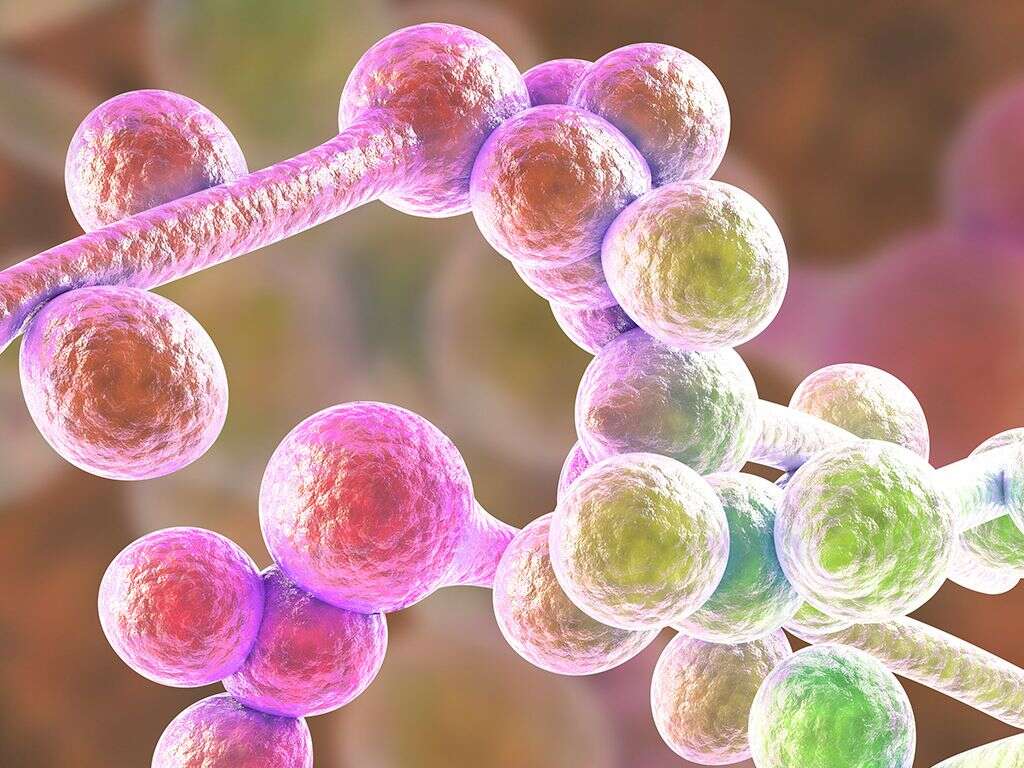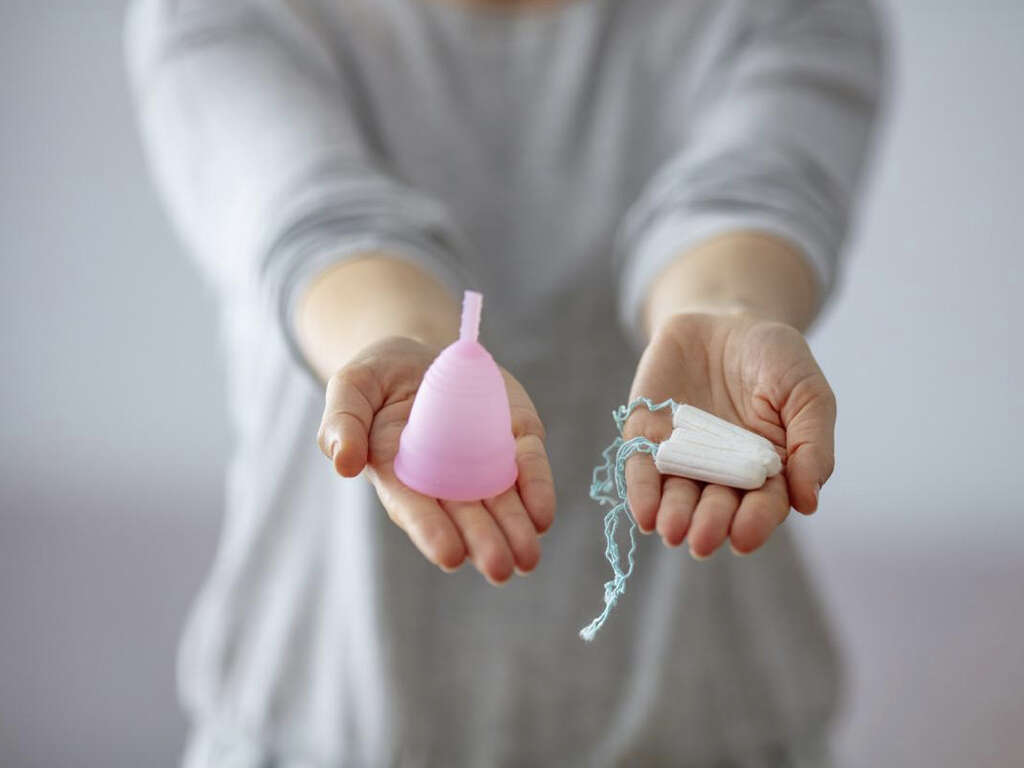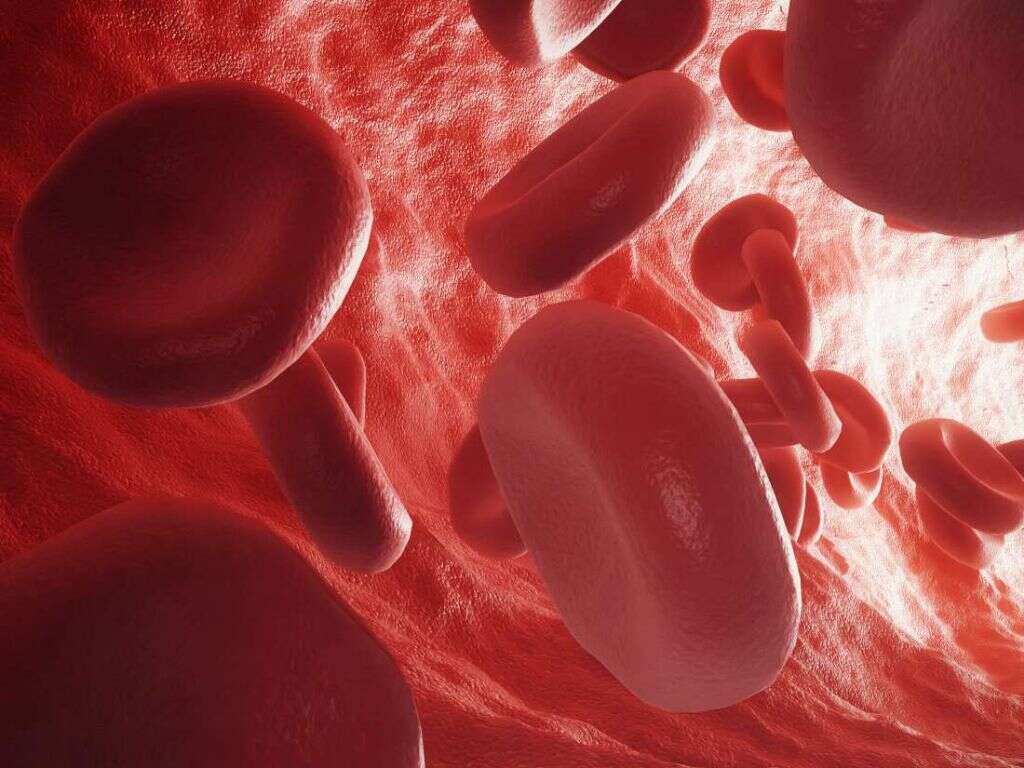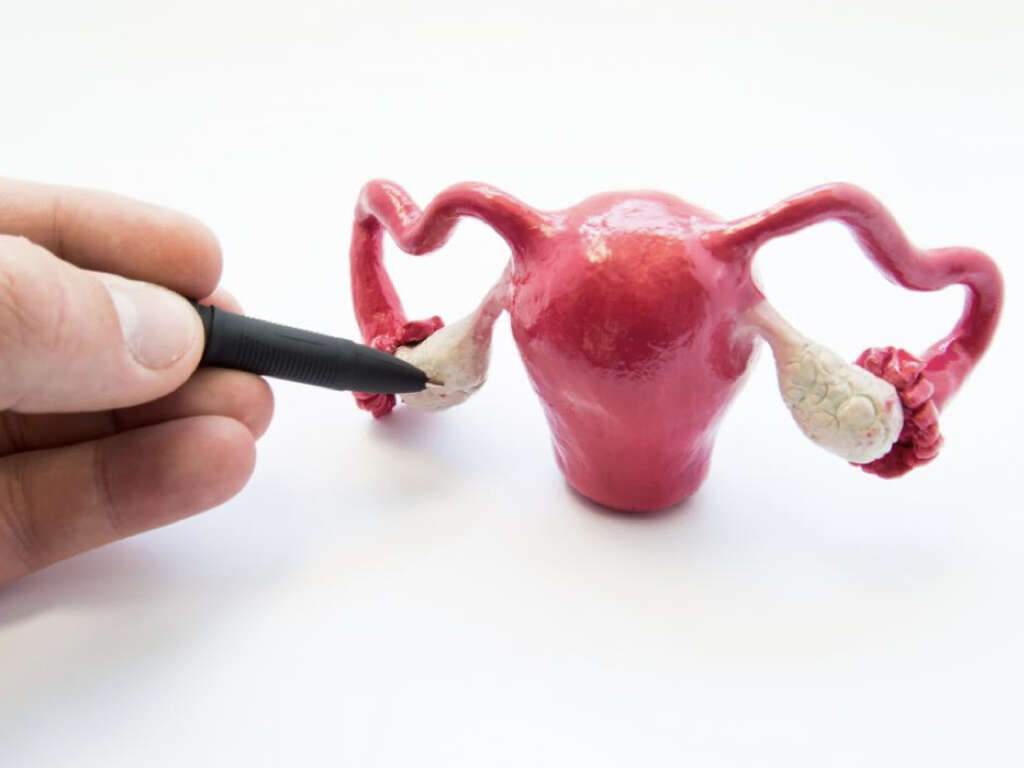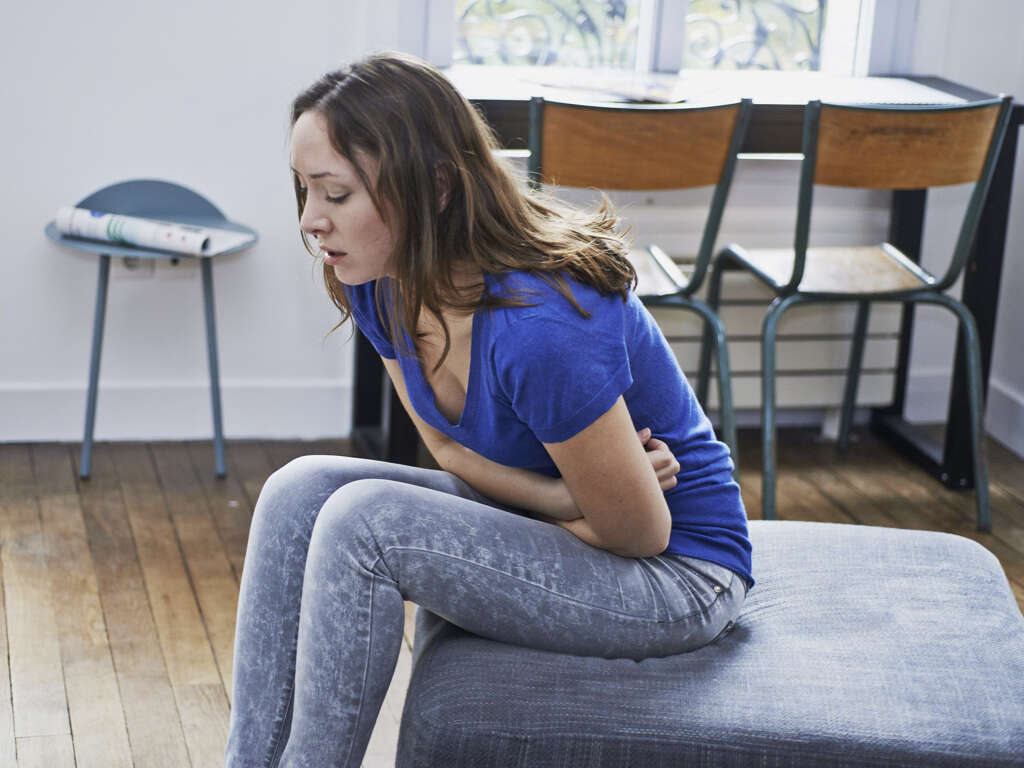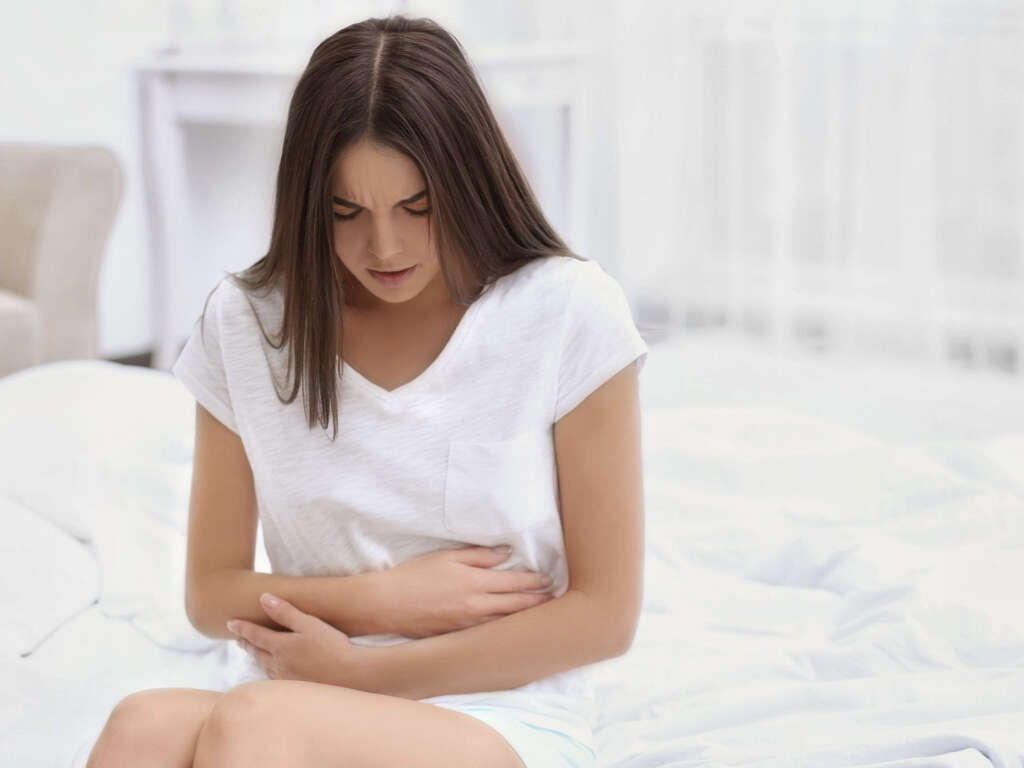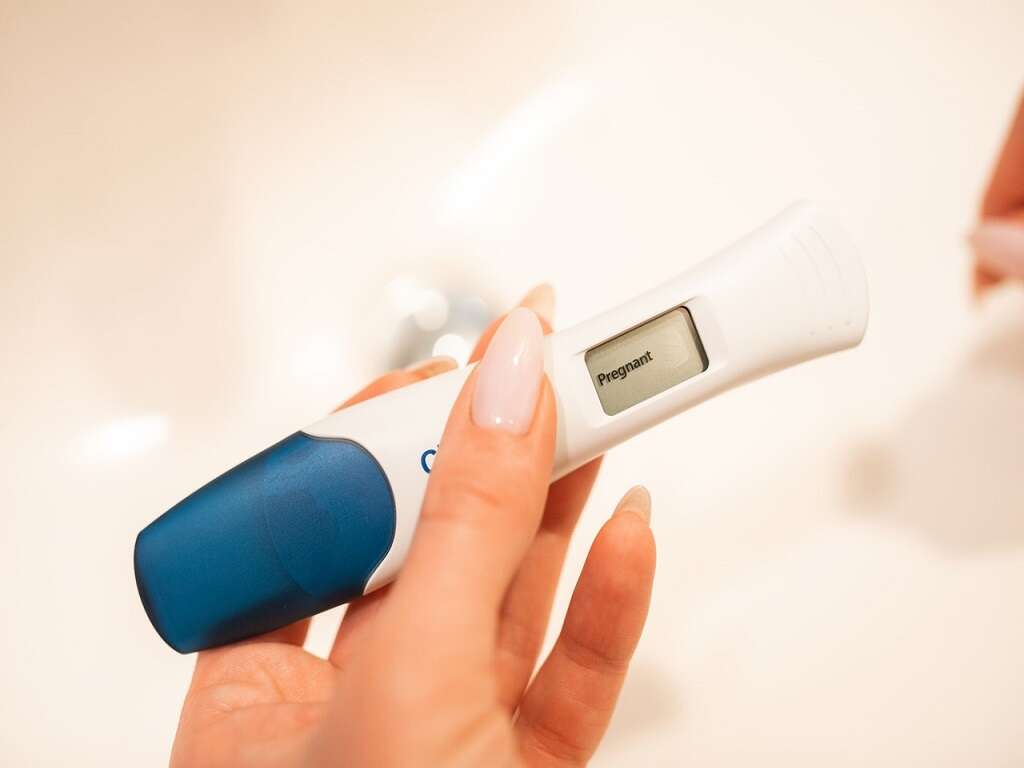10 Symptoms of Low Progesterone
 Article Sources
Article Sources
- 1. 'Progesterone.' Progesterone | Hormone Health Network, www.hormone.org/your-health-and-hormones/glands-and-hormones-a-to-z/hormones/progesterone
- 2. '7 Signs of Low Progesterone.' CentreSpringMD, 14 Jan. 2020, centrespringmd.com/7-signs-of-low-progesterone-hormones/
- 3. 'Definition of Vasodilation.' MedicineNet, MedicineNet, 29 Mar. 2021, www.medicinenet.com/vasodilation/definition.htm
- 4. 'Uterine Fibroids.' Mayo Clinic, Mayo Foundation for Medical Education and Research, 10 Dec. 2019, www.mayoclinic.org/diseases-conditions/uterine-fibroids/symptoms-causes/syc-20354288
- 5. Admin. 'How Progesterone Affects Fibroids - Fibroid Treatment Collective.' Treatment for Uterine Fibroids with Embolization (UFE), 20 June 2019, fibroids.com/blog/progesterone-affects-fibroids/
- 6. 'Endometriosis.' Mayo Clinic, Mayo Foundation for Medical Education and Research, 16 Oct. 2019, [www.mayoclinic.org/diseases-conditions/endometriosis/symptoms-causes/syc-20354656.](https://www.mayoclinic.org/diseases-conditions/endometriosis/symptoms-causes/syc-20354656.)
- 7. 'The Gallbladder Hormone Connection: Dr. Courtney Holmberg, ND.' Toronto Naturopathic Doctor, www.courtneyholmbergnd.ca/blog/gallbladder-hormone-connection
Progesterone is a steroid hormone that helps regulate the female menstrual cycle and promotes fertility. It belongs to a class of hormones called progestogens, which helps prepare the uterus's endometrium lining for pregnancy by triggering a thickening response.1‘Progesterone.’ Progesterone | Hormone Health Network, www.hormone.org/your-health-and-hormones/glands-and-hormones-a-to-z/hormones/progesterone
Progesterone is produced in the ovaries, the placenta (when you get pregnant) and the adrenal glands. The female body produces this gland during the second half of the menstrual cycle. Hormonal balance is essential for regulating menstrual cycles and becoming pregnant. When women have too little progesterone, estrogen commonly rises too high. This imbalance can trigger many symptoms.
Irregular Menstrual Cycle
Progesterone is the primary hormone responsible for regulating a woman's menstrual cycle. Most cycles average 28 days, although normal cycles can vary. When periods become irregular, progesterone may be to blame.2‘7 Signs of Low Progesterone.’ CentreSpringMD, 14 Jan. 2020, centrespringmd.com/7-signs-of-low-progesterone-hormones/
Periods are considered irregular if they become longer, shorter, lighter, or heavier than a woman is used to. This includes missed periods. A slight deviation in a menstrual cycle is usually no cause for concern and could have various causes. However, when irregularities are ongoing, people may want to speak with a gynecologist to rule out hormonal imbalances or other potential issues.
Infertility
People with infertility or repeat miscarriages may have low progesterone. Progesterone deficiency may be to blame because it's responsible for thickening the endometrial lining of the uterus. When thickening doesn't happen, it's difficult or impossible for an egg to implant. Egg implantation is the first step to becoming pregnant.
Infertility and miscarriages may happen for a range of reasons, including other hormonal imbalances. Low progesterone is only one of many potential reasons.
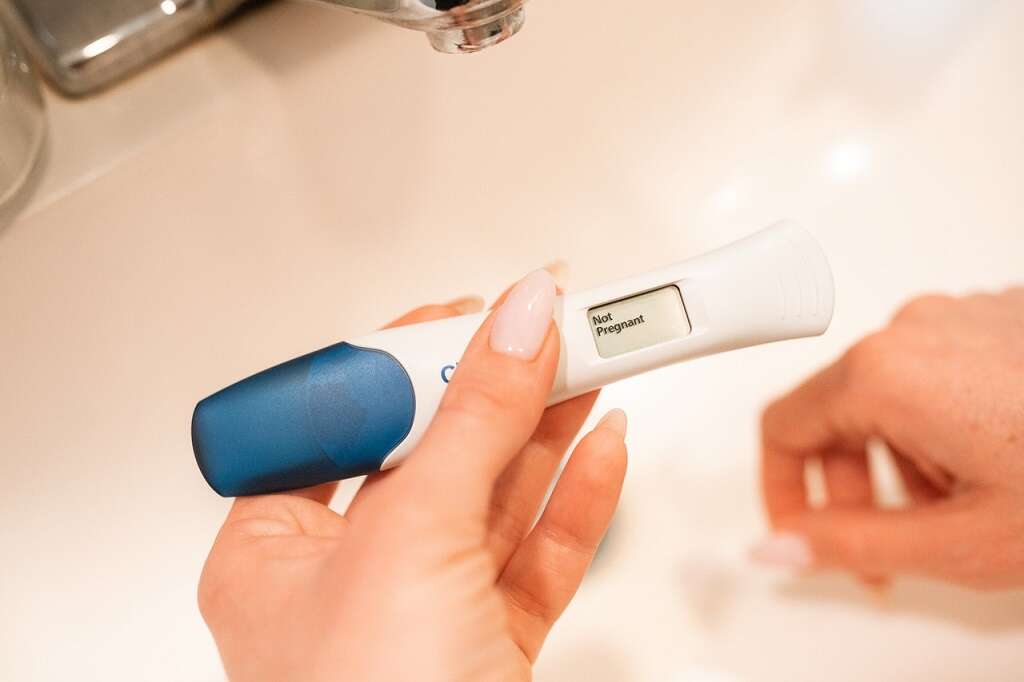
Headaches
Some women with low progesterone experience headaches or migraines. Although they can occur at any time, these headaches commonly happen just before and during menstruation.
These headaches happen because low progesterone commonly leads to higher estrogen levels. High levels of estrogen may cause vasodilation, a widening of blood vessels.3‘Definition of Vasodilation.’ MedicineNet, MedicineNet, 29 Mar. 2021, www.medicinenet.com/vasodilation/definition.htm Increased estrogen may also trigger the body to retain water. When these two potential factors occur, headaches or migraines may result.
Hot Flashes
Hot flashes are a symptom many people associate with pregnancy or menopause. The reason hot flashes are common during these stages is a shift in hormonal balance. Progesterone increases dramatically during pregnancy and decreases during menopause.
Experiencing hot flashes outside of pregnancy or menopause may indicate low progesterone. Hormonal imbalances with low progesterone, high estrogen or both can trigger a flushed feeling. This symptom is commonly felt at night but can happen at any time.
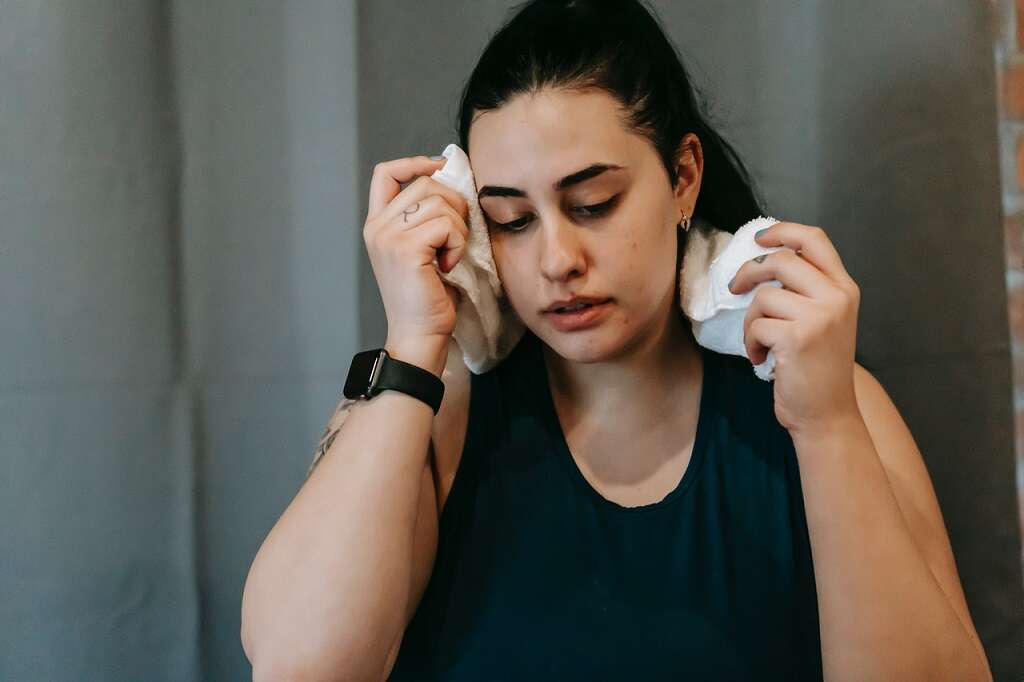
Weight Gain
Balanced hormones are essential in maintaining a healthy weight for women. When one or more hormones no longer fall within healthy levels, weight fluctuations are possible. When there isn't enough progesterone, unexplained or sudden weight gain is possible.
Other factors may cause weight gain. Lifestyle choices like not getting enough exercise, eating unhealthy foods or not drinking enough water can be to blame. Many conditions have the potential to cause unexplained weight gain.
Fibroids
Fibroids are noncancerous growths in the uterus commonly appearing during women's childbearing years.4‘Uterine Fibroids.’ Mayo Clinic, Mayo Foundation for Medical Education and Research, 10 Dec. 2019, www.mayoclinic.org/diseases-conditions/uterine-fibroids/symptoms-causes/syc-20354288 The growths are common and aren't associated with increased cancer risk.
Fibroids range from microscopic to masses large enough to increase the size of the uterus. These growths may be associated with low progesterone because high levels of estrogen commonly cause them to form. When progesterone is low, hormonal balance is thrown off, and estrogen commonly rises too high.5Admin. ‘How Progesterone Affects Fibroids - Fibroid Treatment Collective.’ Treatment for Uterine Fibroids with Embolization (UFE), 20 June 2019, fibroids.com/blog/progesterone-affects-fibroids/

Endometriosis
Endometriosis occurs when the tissue that lines the uterus, called the endometrium, grows in other places, such as the ovaries and fallopian tubes or around the organs in the pelvic area.
Endometriosis can be very painful and lead to scar tissue developing where abnormal endometrial growth is found. Having too much estrogen, often caused by low progesterone, is thought to contribute to the development of endometriosis in some individuals.6‘Endometriosis.’ Mayo Clinic, Mayo Foundation for Medical Education and Research, 16 Oct. 2019, www.mayoclinic.org/diseases-conditions/endometriosis/symptoms-causes/syc-20354656.
Spotting Between Periods
Women may notice light spotting between periods occasionally throughout their childbearing years. Others will commonly spot during ovulation almost every month. Regular or ongoing spotting between periods that don't coincide with ovulation could be due to low progesterone.
Spotting is defined as a light flow that may require only a small pad. Sometimes, spotting is only seen when a person wipes after using the bathroom, with blood not being seen in the toilet.

Decreased Sex Drive
Decreased sex drive in women is commonly attributed to a hormonal imbalance between progesterone, estrogen and testosterone. These three hormones work together to regulate many aspects of the female body, from menstruation and fertility to sex drive and maintaining healthy body weight.
When progesterone is low, it can lead to an increase in estrogen or testosterone. In turn, this can lead women to feel poorly overall and can lead to decreased sexual desire.
Gallbladder Problems
The gallbladder is a small organ responsible for storing the bile produced in the liver and releasing it as needed. An imbalance in progesterone or estrogen can cause slow metabolism of hormones. This further exacerbates the hormonal problem and can lead to gallbladder stones or sludge.7‘The Gallbladder Hormone Connection: Dr. Courtney Holmberg, ND.’ Toronto Naturopathic Doctor, www.courtneyholmbergnd.ca/blog/gallbladder-hormone-connection
Common symptoms of gallbladder problems include a sudden pain beneath the right ribcage or irregular stool. Pain between the shoulder blades, heartburn, gas and bloating are also commonly seen.


